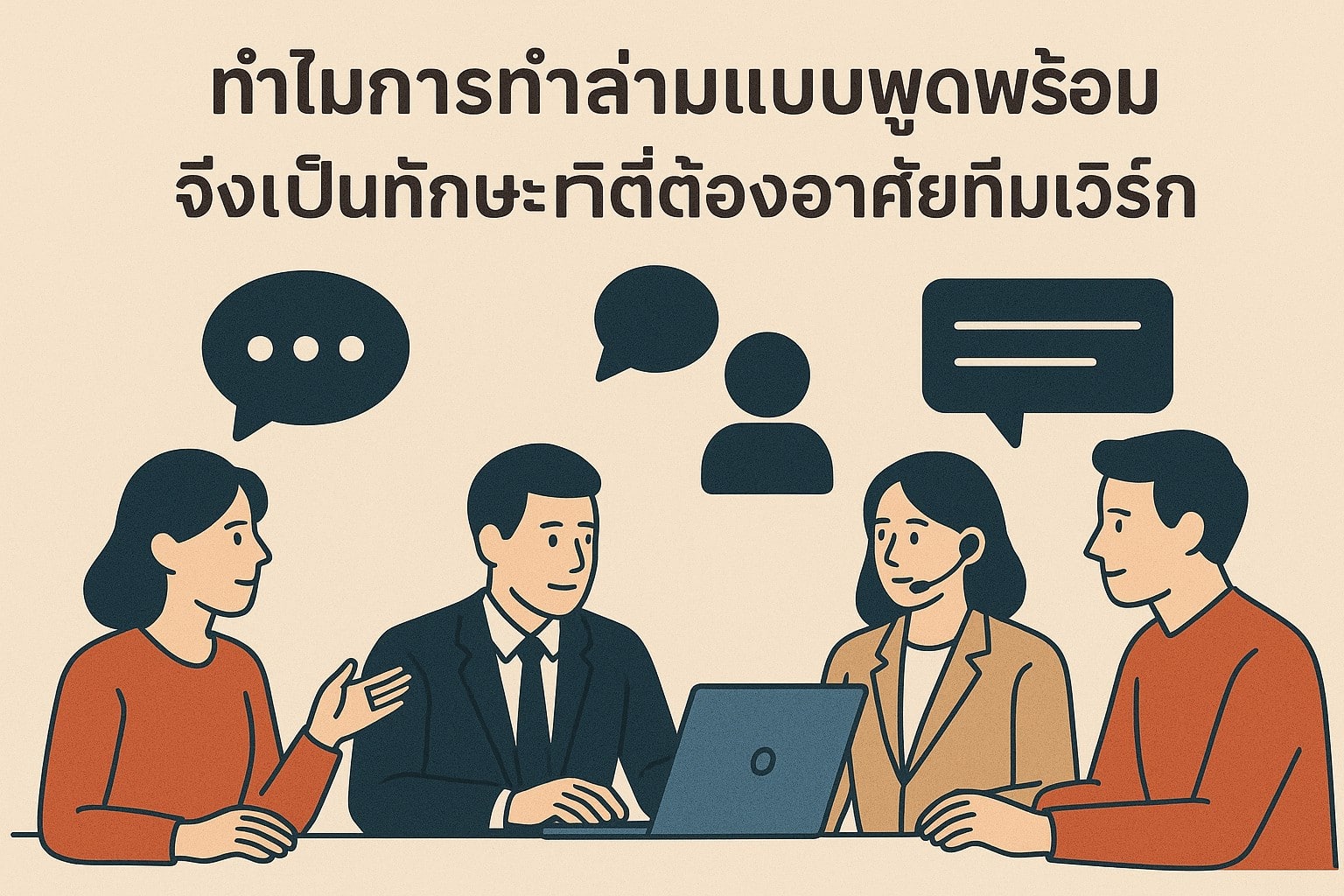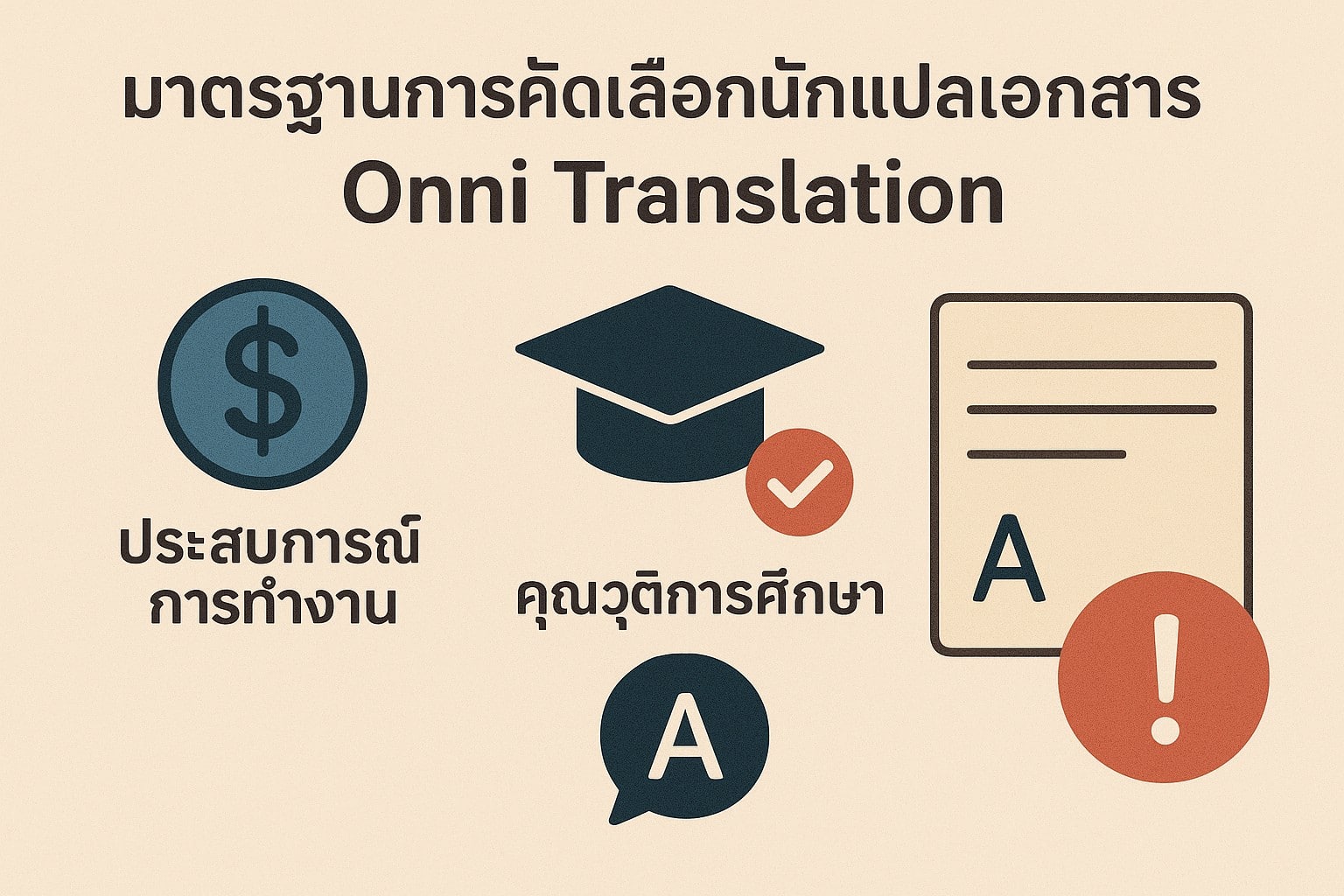
Challenges in Interpreting You Never Knew
Challenge 1: Terms Unknown to Interpreters
Interpreters may encounter specialized terms or jargon they’re unfamiliar with. How do interpreters translate in such cases? Certainly, we don’t know every word in the world, even in our native language.
However, professional interpreters have strategies to deduce meanings based on the context of the content. Professional interpreters often possess these skills and expertise.
Challenge 2: Conveying Emotions and Feelings
Interpreters must be able to convey emotions and diverse feelings accurately alongside correct translation to ensure the audience truly understands.
Challenge 3: Interpreting in Noisy Environments
Noisy environments, common in meetings, can include issues like low microphone volume, people whispering, obscured visibility, or faulty equipment. These factors affect the interpreter’s concentration. Professional interpreters, however, have experience and efficient problem-solving methods to maintain translation quality even when facing such challenges, ensuring clients might not even notice.
Challenge 4: Malfunctioning Interpreting Equipment
Another common challenge interpreters often encounter is not hearing through headphones, interference from other meeting rooms, or microphone issues. In such cases, professional interpreters can handle troubleshooting on the spot. They might switch to consecutive interpreting, inform organizers promptly about issues, apologize to participants while explaining the problem, gather composure, and find ways to proceed with the meeting smoothly. This could involve changing the interpreting format or replacing the equipment used.



